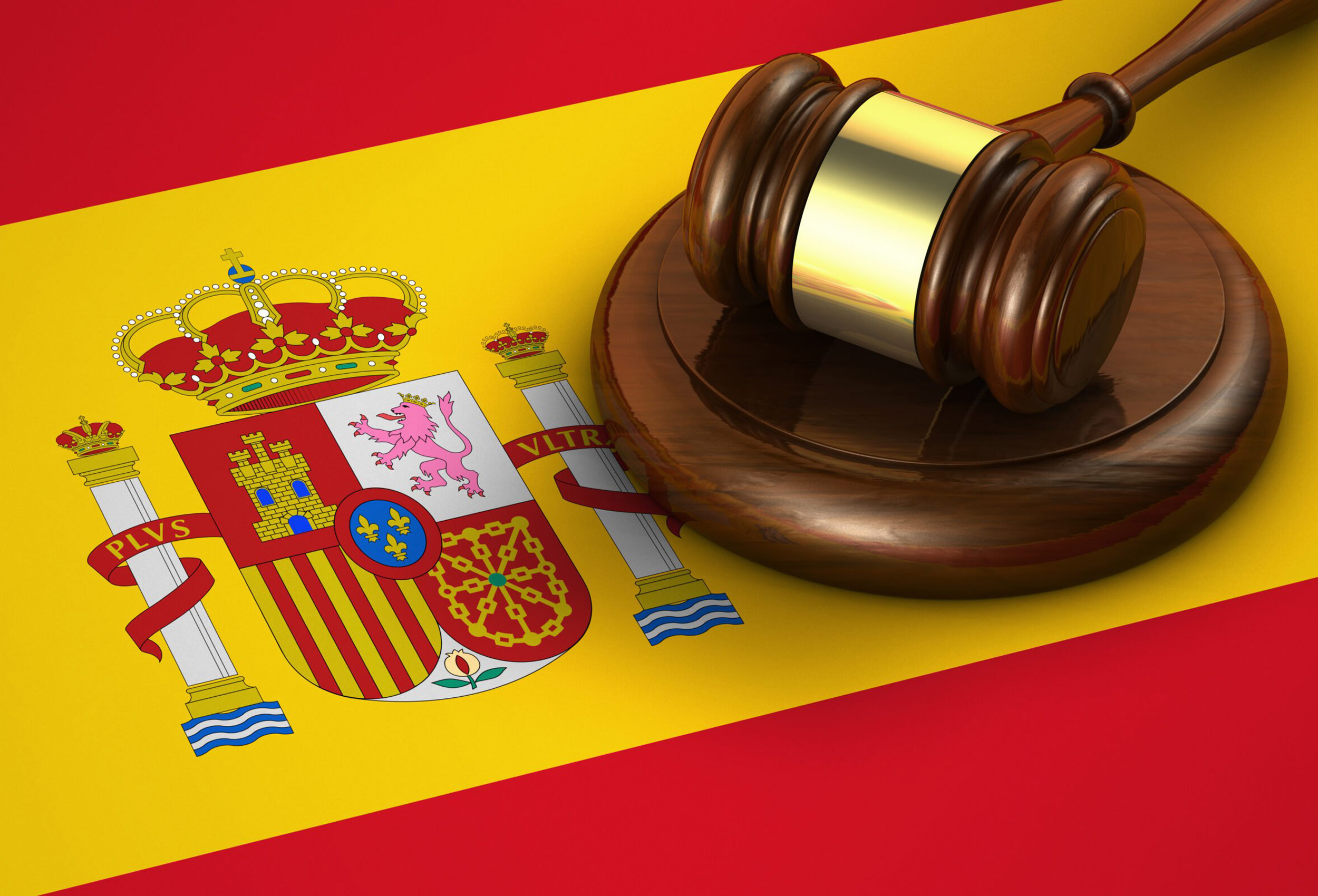Relocating to Spain or investing in Spanish property opens doors to new opportunities, but it also introduces complex legal challenges that can overwhelm even the most prepared expatriates. The Spanish legal system operates entirely in Spanish, with procedures and regulations that differ significantly from British law. This language barrier, combined with intricate legal requirements, makes professional legal support not just helpful but essential for protecting your interests and avoiding costly mistakes.
Spanish law affects every aspect of expatriate life, from property transactions and business establishment to tax compliance and immigration procedures. Without proper legal guidance, minor oversights can escalate into expensive complications that take months or years to resolve. If you’re seeking English lawyers specialising in Spanish law, especially for property, inheritance, or cross-border matters, here’s a helpful overview of top-tier options and what to look for.
Key Legal Areas Where Expats Need Expert Assistance
Property Law
Property transactions represent the most frequent legal challenge for British expatriates in Spain. Spanish conveyancing involves multiple government departments, strict documentation requirements, and precise timing that can overwhelm unprepared buyers. The legal system includes comprehensive due diligence checks, complex tax calculations, and registration procedures that must be completed within specific timeframes.
Spanish property law also encompasses community fees, building regulations, and local planning restrictions that vary between municipalities. Professional legal support helps identify potential issues before they become expensive problems, protecting your investment through thorough investigation and expert guidance.
Residency and Immigration
Post-Brexit regulations have introduced additional complexity for British citizens seeking Spanish residency. Immigration law governs residency applications, work permits, and family reunification procedures, with requirements that change frequently based on political developments and administrative updates.
Spanish authorities maintain strict documentation requirements and specific deadlines that must be met precisely. Legal professionals specialising in immigration law provide current guidance on changing requirements whilst managing application procedures efficiently.
Tax Obligations
Spanish tax law affects all residents through income tax, wealth tax, and property taxes that vary between autonomous communities. Tax authorities maintain strict compliance requirements with significant penalties for errors or omissions. Professional tax planning minimises obligations whilst maintaining full legal compliance.
Understanding tax residency rules, double taxation treaties, and reporting requirements for foreign assets requires expert knowledge that prevents expensive mistakes and optimises your tax position legally.
Business Setup
Establishing a business in Spain requires understanding corporate structures, employment regulations, and ongoing compliance obligations. Different autonomous communities maintain varying requirements that affect business operations and tax calculations.
Professional legal guidance helps establish compliant business structures whilst optimising operational efficiency and tax positions. This expertise proves invaluable for entrepreneurs seeking to establish successful Spanish operations.
Benefits of Working with English-Speaking Legal Specialists
Clear Communication
Language barriers create substantial risks in Spanish legal transactions. Legal documents contain technical terminology with specific meanings that direct translation cannot capture accurately. English-speaking lawyers explain complex legal concepts in clear terms whilst maintaining precise legal accuracy.
This clarity prevents misunderstandings that could jeopardise legal proceedings or transaction success. Professional communication eliminates confusion and provides confidence throughout complex legal processes.
Dual Legal System Expertise
Lawyers specialising in Spanish law whilst maintaining English language proficiency understand both legal systems comprehensively. This dual perspective identifies potential problems that might not concern Spanish-only practitioners, providing enhanced protection for international clients.
Their expertise bridges legal system differences, explaining how Spanish law affects rights and obligations familiar from British legal experience. This comparative understanding proves invaluable for making informed decisions.
Cultural Knowledge
Spanish legal culture emphasises formal procedures and hierarchical relationships that influence transaction success. Experienced English-speaking lawyers work within these cultural frameworks whilst representing your interests effectively, eliminating delays and misunderstandings that often extend transaction timelines.
Finding the Right Legal Professional
Qualifications and Credentials
Professional qualifications should include current Spanish law practising certificates and comprehensive professional indemnity insurance. Verify that potential lawyers maintain active membership in Spanish bar associations and possess relevant specialisation credentials.
Language certification demonstrates formal English proficiency beyond conversational ability. Look for lawyers with recognised English language qualifications or extensive international practice experience.
Securing Your Spanish Legal Future
Professional legal representation transforms complex Spanish legal procedures into manageable, secure processes. English-speaking lawyers provide comprehensive protection through thorough investigations, expert advice, and efficient transaction management. Their expertise prevents problems whilst simplifying legal compliance and protecting your interests throughout your Spanish legal journey.

Comments are closed